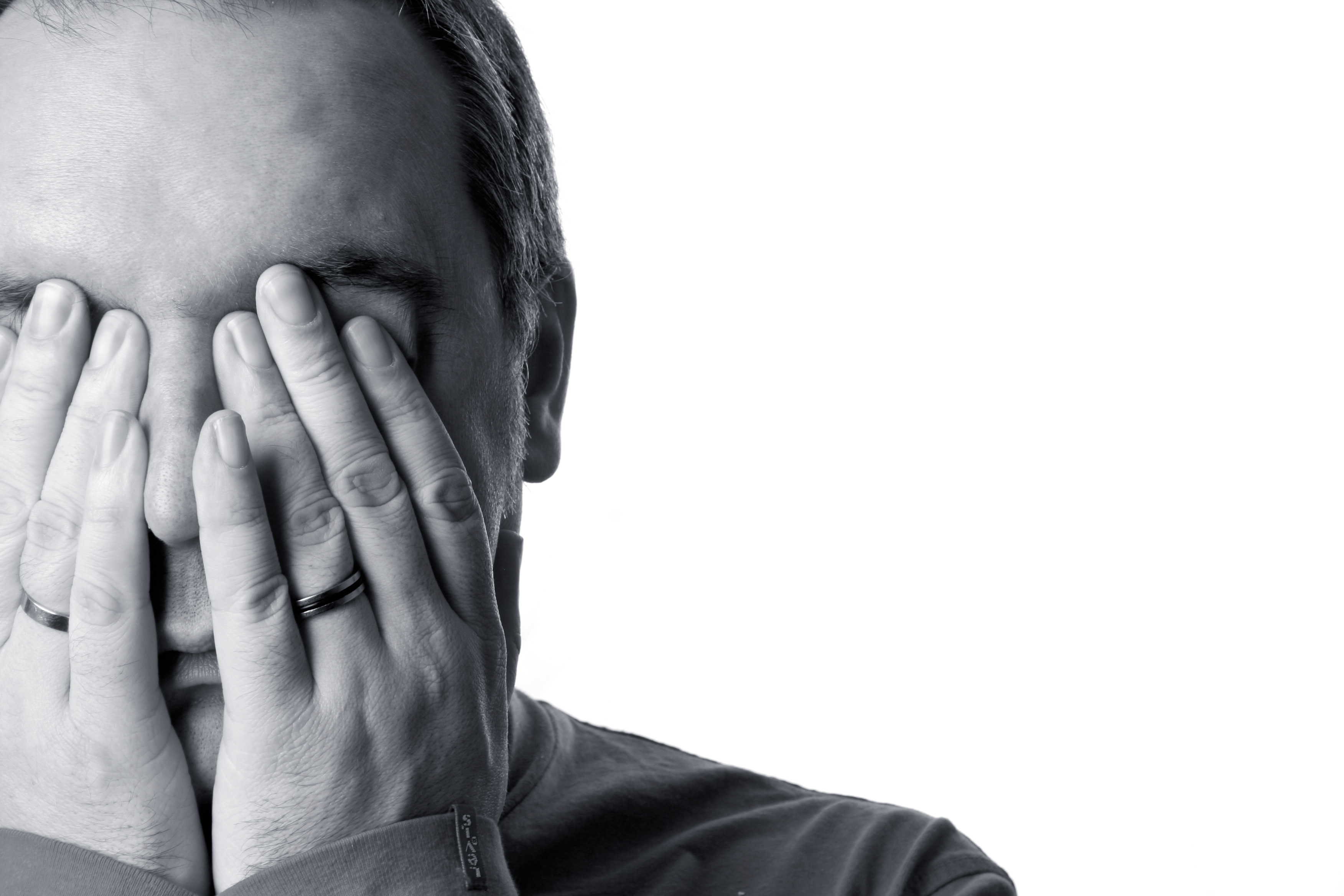FRIDAY, Jan. 27, 2017 (HealthDay News) — How many hours you devote to social networking, gaming and other online media may depend on your genes, British researchers report.
People differ significantly in their use of online media, and researchers are trying to determine why. This new study of twins gives DNA some of the credit.
Researchers at King’s College London analyzed online media use by more than 8,500 16-year-old identical and non-identical twins. Identical twins share 100 percent of their genes; non-identical twins share 50 percent of their genes.
The researchers concluded that genes, or heritability, accounted for more than one-third of the differences in use of online entertainment, gaming and educational media.
“Our findings contradict popular media effects theories, which typically view the media as an external entity that has some effect — either good or bad — on ‘helpless’ consumers,” first author Ziada Ayorech said in a college news release.
“Finding that DNA differences substantially influence how individuals interact with the media puts the consumer in the driver’s seat, selecting and modifying their media exposure according to their needs,” said Ayorech, who is in the college’s Institute of Psychiatry, Psychology and Neuroscience.
Environmental factors — namely, access to media devices — played a bigger role than genetics, however.
When the researchers looked at whether only one sibling had a smartphone or parents monitored one twin’s use of social networks more tightly than the other’s, they found such factors accounted for nearly two-thirds of the differences in online media use, the researchers said.
Although the study found a link between genes and online activity, it didn’t establish a cause-and-effect relationship.
The study was published Jan. 23 in the journal PLOS One.
More information
The American Academy of Pediatrics has more about children and media.
Copyright © 2026 HealthDay. All rights reserved.

